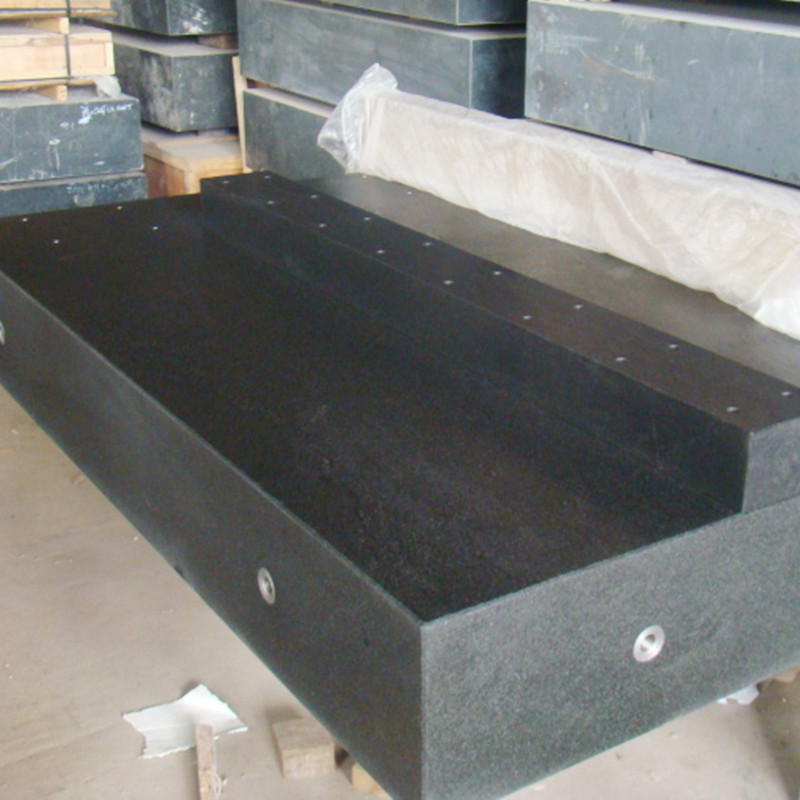ઓક્ટોબર . 15, 2024 13:48 Back to list
Exploring the Impact of Valve Technology on Modern Engineering Innovations
The Valve An Essential Component in Modern Engineering
Valves are one of the fundamental components in various engineering and industrial applications. They serve as mechanical devices that control the flow and pressure of liquids, gases, and sometimes slurries within a system. The importance of valves spans across numerous sectors, including plumbing, oil and gas, pharmaceuticals, and even automotive industries. Understanding the role and functionality of valves is crucial for engineers, technicians, and anyone involved in fluid dynamics.
What is a Valve?
In its simplest form, a valve is a device that regulates, controls, or directs the flow of fluid. It can be opened, closed, or partially opened to allow or restrict the flow of a substance. Valves come in an array of types and designs, each suited to specific applications and requirements. The most common types include gate valves, globe valves, ball valves, butterfly valves, and check valves. Each type has unique characteristics that make it ideal for particular situations.
Types of Valves
1. Gate Valves These valves are used when a straight-line flow of fluid and minimum restriction is desired. They are often fully opened or fully closed; intermediate positions are not recommended. Gate valves are commonly used in water supply systems.
2. Globe Valves Unlike gate valves, globe valves provide better throttling and are used to regulate flow. They have a spherical body and are particularly useful in applications requiring flow control.
3. Ball Valves Featuring a spherical disc, ball valves provide excellent sealing capabilities and are ideal for on-off control applications. They are quick to open and close and are widely used in oil and gas processing.
4. Butterfly Valves These valves consist of a rotating disc that regulates the flow. They are lightweight and compact, making them suitable for large-scale systems such as water treatment plants.
5. Check Valves These valves allow flow in one direction only. They prevent backflow, which is essential in many applications, including water supply and sewage systems.
the valve

The Importance of Valves in Industry
Valves play a critical role in ensuring the safe and efficient operation of systems. In the oil and gas industry, valves are vital for controlling the flow of crude oil and natural gas through pipelines. They help in maintaining pressure, preventing leaks, and ensuring the safety of personnel and the environment.
In the pharmaceutical industry, valves are essential for handling chemicals and ensuring that product quality is maintained. They are designed to be highly reliable and resistant to contamination. With stringent regulatory requirements, the selection of the right valve can impact product efficacy and safety.
In the automotive industry, valves regulate various fluid systems, including fuel, coolant, and oil. They ensure that engines operate efficiently under varying conditions, which is pivotal to vehicle performance and emissions control.
Innovations in Valve Technology
The valve industry is continually evolving. Advances in material science have led to the development of more durable and corrosion-resistant valves. Furthermore, automation technology has revolutionized valve operation, leading to the emergence of smart valves equipped with sensors and actuators. These innovations allow for real-time monitoring and control of fluid systems, enhancing efficiency and safety.
Another significant development is the use of 3D printing in valve manufacturing. This technology enables the rapid prototyping of complex valve designs, allowing for customization and more efficient production processes.
Conclusion
In conclusion, valves are indispensable components in various systems that handle fluids. Their ability to control flow, regulate pressure, and ensure safety makes them essential in numerous industries. Understanding the different types of valves and their applications can significantly impact the efficiency and safety of fluid systems. As technology advances, the valve industry continues to innovate, leading to improved designs and functionalities that meet the demands of modern engineering challenges. As we delve deeper into the future, valves will undoubtedly play a pivotal role in the continued advancement of industrial processes and efficiency.
-
thread-plug-gauge-our-promise-of-measurement-excellenceNewsAug.22,2025
-
gauge-pin-class-reflecting-quality-legacyNewsAug.22,2025
-
check-valve-types-for-high-rise-buildingsNewsAug.22,2025
-
water-control-valve-for-irrigation-systemsNewsAug.22,2025
-
gate-valve-with-soft-seal-technologyNewsAug.22,2025
-
y-type-strainer-for-oil-and-gas-applicationsNewsAug.22,2025
Related PRODUCTS









